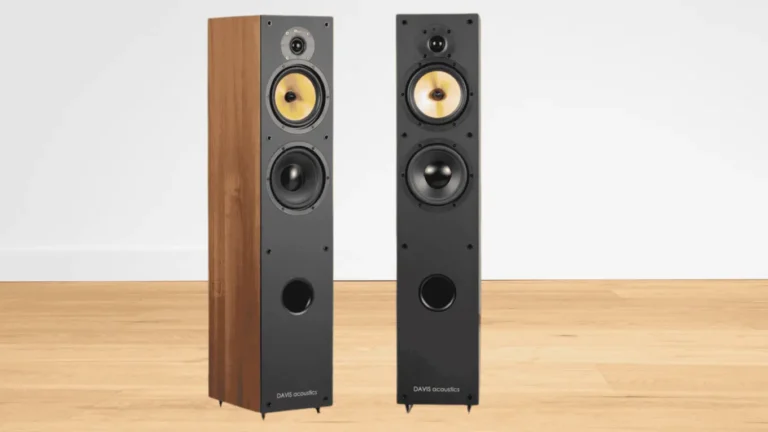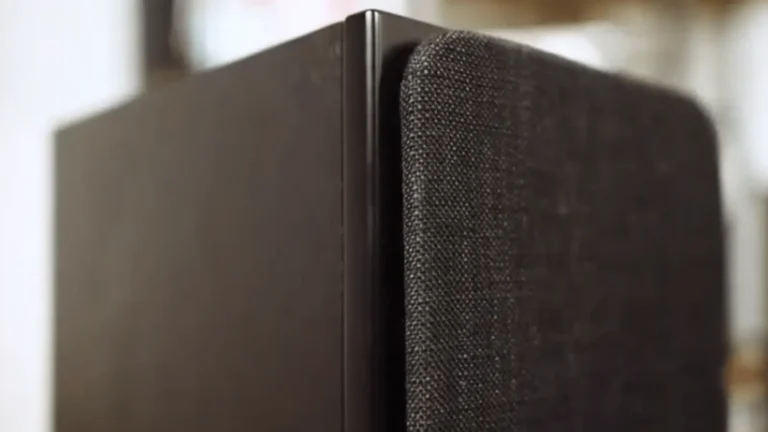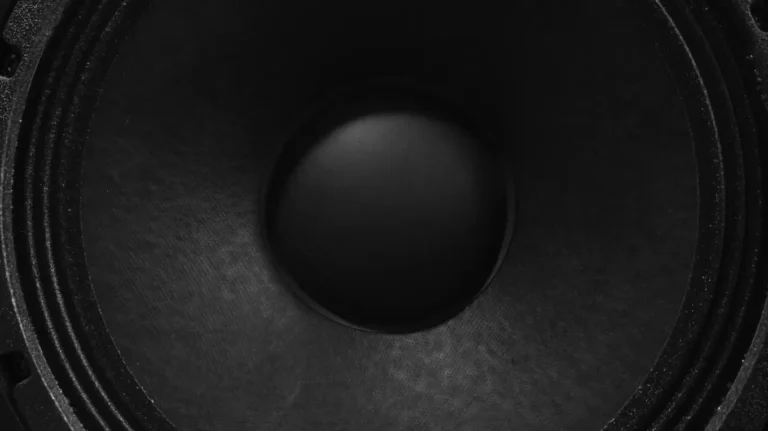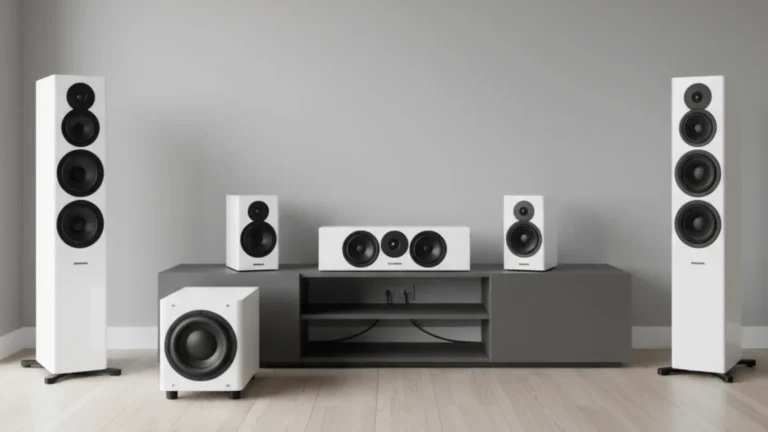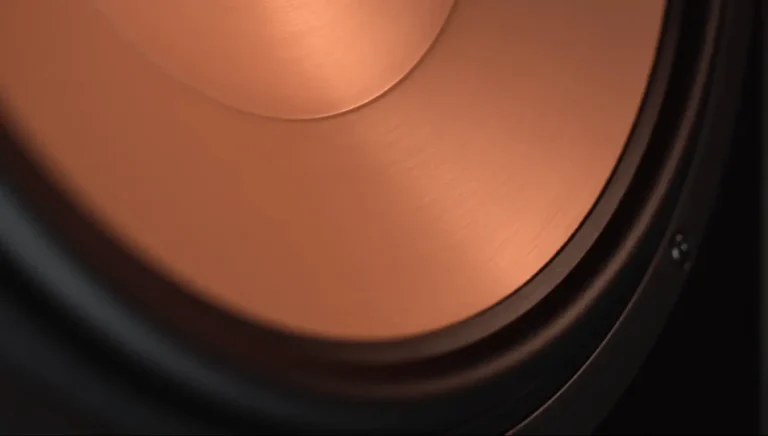Spendor A7 Review: Precision, Musicality, and Surprising Authority in a Compact Floorstander
The Spendor A7 is one of those speakers that doesn’t try to impress you at first glance—but once you sit down and listen, the refinement and control quietly take over the room. I spent several days testing the A7s in my treated listening space using a range of amplifiers, DACs, and sources, and the experience confirmed why these speakers are still considered one of the most mature and musically coherent options in their category.
Below is my detailed review based entirely on my personal hands-on experience, using the exact setup shown in the photos I took during testing.
Build & Design

The Spendor A7s are beautifully understated. The pair I tested came in the walnut veneer, which looks warm, clean, and remarkably premium in person. Spendor’s cabinet workmanship stands out immediately—no rough edges, no irregularities, and perfectly matched wood grain.
Check Out: Fyne Audio F302 Review
What makes these speakers unique is that Spendor manufactures its own cabinets in the UK, supplying enclosures to several other well-known British audio brands. This level of vertical integration absolutely shows in the finish quality.
Key Design Notes
- 18cm mid/bass driver with a pointed phase plug
- 22mm wide-surround tweeter, helping dispersion and off-axis consistency
- Rear slot-shaped reflex port that reduces turbulence compared to traditional round ports
- Compact footprint — easy to place in normal-sized rooms
- Metal plinth discs with spikes — adding rigidity and stability
The design philosophy is simple: nothing flashy, just serious engineering.
Setup & Positioning
I placed the A7s about 25cm away from the rear wall, slightly toed-in. These speakers are not overly demanding, but they definitely lose some openness if pushed too close to the wall.
Optimal results in my room came from:
- 25–30cm rear wall distance
- Moderate toe-in (aimed just outside my shoulders)
- 2.1m listening distance
The rear slot port helps with cleaner bass reinforcement, but they still appreciate breathing room.
How I Tested the Spendor A7

To give these speakers a fair and realistic evaluation, I tested them using multiple amplifiers and sources:
Amplifiers Used
- Roksan Blak – powerful, warm, controlled
- Marantz integrated – smooth, neutral
- A high-current Class AB reference amplifier (seen in my setup photos)
Sources & DACs
- Auralic DAC
- High-resolution digital files
- Vinyl turntable playback
Music Selection
I used a mix of tracks to test clarity, dynamics, imaging, and bass control:
- Lorde – Liability
- Massive Attack – Angel
- Ólafur Arnalds compositions
- Salt-N-Pepa – Push It / classic hip-hop
- Major Lazer – Pon de Floor
This gave me a broad perspective across genres and recording styles.
You may like: Wharfedale EVO 5.4
Sound Quality
Detail & Transparency
The first thing the A7 delivers is clarity. Every instrumental line sits cleanly in the mix, with separation that feels effortless rather than exaggerated.
These speakers reveal details without sounding sharp or clinical—something earlier Spendor models occasionally struggled with.
Midrange & Vocals (Outstanding)
Vocals are the A7’s strongest suit.
On Lorde – Liability, her voice felt:
- focused
- intimate
- emotionally expressive
- completely free from grain
This level of vocal transparency is uncommon at this price.

Bass & Dynamics
For their size, the A7s produce surprisingly deep and controlled bass.
With Massive Attack – Angel, the bassline was:
- tight
- tautly defined
- textured
- never boomy
The A7s do lean slightly on the refined side, so they won’t shake your room like a muscular, big-cabinet design. But what they deliver is quality, not quantity.
On more aggressive tracks like Pon de Floor, they stayed composed and articulate, though I did wish for a touch more slam. Pairing them with a warmer, stronger amplifier (like the Roksan Blak) significantly improves low-end weight.
High Frequencies
The tweeter offers:
- Clean extension
- No harshness
- Wide dispersion
- Very accurate timing
Cymbals, strings, and ambience felt natural rather than etched.
Imaging & Soundstage
When positioned correctly:
- vocals lock into place
- Instruments have a precise width
- Depth layering is excellent
Toe-in especially helps achieve the A7’s best imaging.
System Matching
The A7 is not amplifier-picky, but warmer, fuller-sounding amps bring out their best.
The Roksan Blak pairing was the standout in my testing, adding body and weight without affecting clarity.
Neutral or lean amplifiers may make the A7 sound slightly too polite for some listeners.

Verdict
The Spendor A7 stands out for its combination of:
- beautiful craftsmanship
- exceptional vocal clarity
- precise imaging
- controlled, articulate bass
- easy room placement
They are refined yet engaging, analytical but still musical. If you want a floorstander that performs gracefully across genres and fits easily into a modern living space, the A7 deserves a place at the top of your shortlist.
Pros & Cons
Pros
- Stunning midrange and vocal performance
- Remarkable detail without harshness
- Compact, room-friendly footprint
- High-quality UK-made cabinetry
- Clean, textured, and controlled bass
Cons
- Not ideal for bass-heavy listeners without a strong amplifier
- Slightly lean character out of the box (improves with warm electronics)
Specifications
- Detailed Specs Here
- Sensitivity: 88 dB/w/m
- Impedance: 8 ohms
- Max Power Handling: 200W
- Tweeter: 22mm wide-surround
- Mid/Bass: 18cm driver
- Dimensions: 93.4 × 18 × 30 cm (H × W × D)


